Abigale Koppa is a PhD candidate at Stony Brook University. She was awarded a Leakey Foundation Research Grant during our spring 2016 cycle for her project entitled “Nutritional and mechanical properties of Kenyan savanna and wetland plants.”
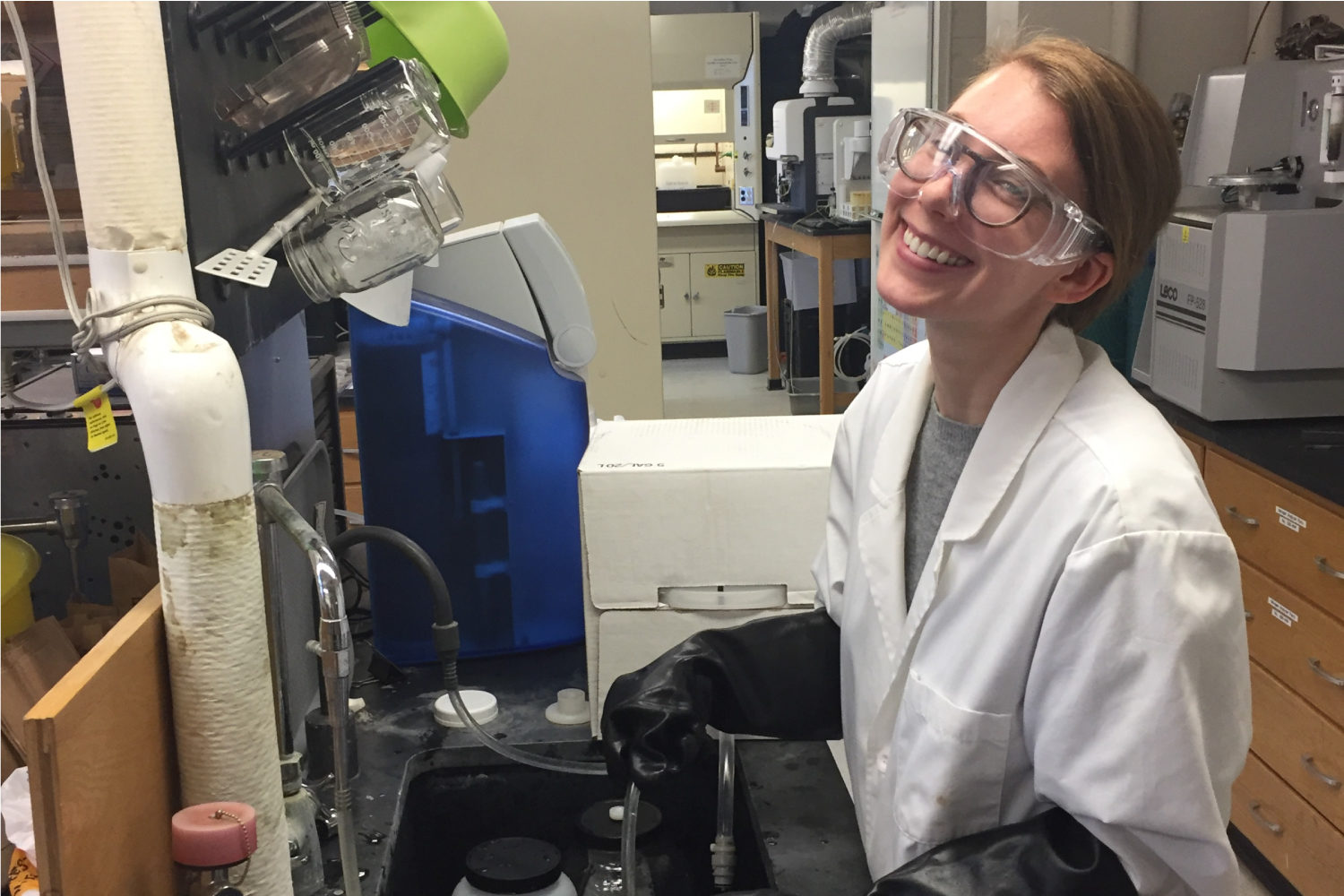
Abigale Koppa rinsing samples after acid detergent lignin analysis to bring them up to a neutral pH.
After returning from my final field season in Amboseli, I went to work at the Nutritional and Isotopic Ecology Lab (NIEL) at the University of Colorado Boulder with principal investigator (PI) Matt Sponheimer. I study the nutritional and mechanical properties of savannah plants. All mechanical analyses are done in the field on fresh samples, but samples destined for nutritional analyses are separated into component parts (leaf, stem, root, etc.), dried in food dehydrators, packed with desiccant, and exported from Kenya to the US.
The first step in the analytical pipeline is to grind all the plant material into a consistent particle size, which tends to be a very tedious and dirty task – Amboseli is extremely dusty during the dry season, and all that dirt tends to escape the grinder and settle on whoever is operating the machine. Next, samples are prepped for protein, fiber, or fat analyses.
Crude protein is measured using a nitrogen analyzer. This machine is a lot of fun to use because after the samples are loaded, results start coming in almost instantly and keep coming every two minutes. The fiber analyzer is used for neutral detergent fiber and acid detergent fiber analyses, which remove all non-fibrous parts of the plant (proteins, fats, sugars, etc.), leaving behind indigestible structural components such as cellulose. The fat analyzer measures lipid content.
I was almost reluctant to finish all the labwork for my dissertation because I absolutely love working in the lab and NIEL is a great place to work. Now that I’m done with my fieldwork and labwork, I am focused on writing. I recently presented a poster at the 2018 AAPA meeting in Austin, and a paper using some of my wet season nutritional data was recently published in the Journal of Human Evolution.
On a final note, none of my dissertation work would have been possible without my Leakey grant, and I am so grateful to the Leakey Foundation for their support.
You can help support research like this. Your donation will be doubled!


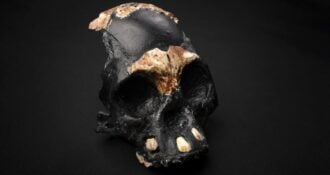
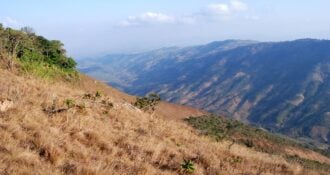
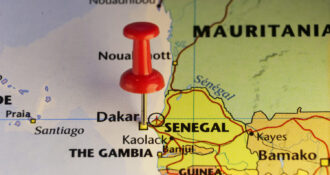
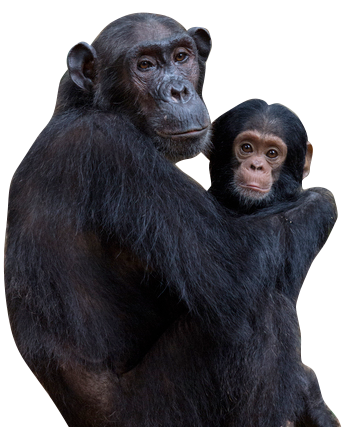
Comments 0